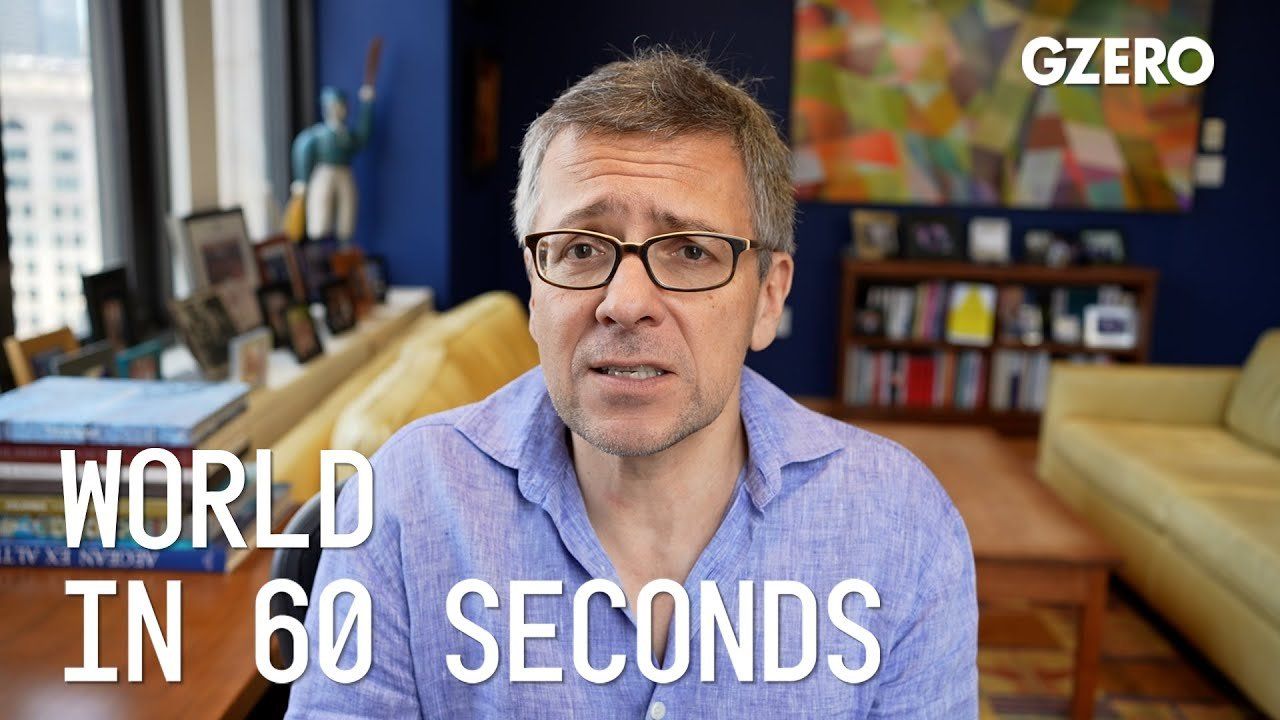
Ian Bremmer shares his insights on global politics this week on World In :60.
Trump arraigned, again. What's next?
I guess what's next is more cases. I mean, at the end of the day, I still think that the January 6th case, as well as the efforts to overturn the election outcome in Georgia are substantively more serious, at least in terms of what they will mean for people that do or don't decide to vote for Trump in a general election, assuming he gets the nomination, than how he mishandled classified documents and then lied to people around it. Especially because he doesn't really have a motive, aside from the fact that he's a child and thinks that he should have access to these documents. But I mean, the key point here is that we've got a justice overseeing the case that was appointed by Trump and will certainly be very, very favorable towards every delay the Trump lawyers want. So this is going to make lots of headlines, but is not going to move until after the nomination, probably not until after election. So again, it's a crazy thing to say, but he's more likely to get the nomination on the back of all this news than not.
Why is Russia planting tactical nukes in Belarus?
Well, I mean, it is one thing that they can do that implies symbolic pressure on the Ukrainians and on NATO and doesn't take significant direct escalatory steps that would threaten Russia. In other words, Putin understands that by making that move, he's dangerous, but he's not forcing NATO to do anything in response. Also, keep in mind, NATO's been escalating quite significantly over the past months, irrespective of Russia right now. I think that the Belarus issue is kind of a canard, it's not one of the serious headlines here. More serious is the dam getting blown up. More serious are F-16s eventually coming to the Ukrainians. More serious is how this counteroffensive goes and how much land the Ukrainians can take back. We'll watch that closely.
Is Serbia taking over sports?
I don't know. I mean, I thought Norway was for the beginning of the week, last week, especially when Ruud looked like he was going to take that first set at the French Open, but no, no. Now, with Jokić and Djokovic, it's true. It's got two big Serbs, and they're both very big Serbs. There's no question. I wouldn't say the Serbs are taking over sports, I'd say, "Congrats for a couple of big wins." I watched the French Open. It was cool to watch. And congratulations for someone who's been, politically, a little crazy, but plays tennis like nobody's business. I'm willing to differentiate those two things.